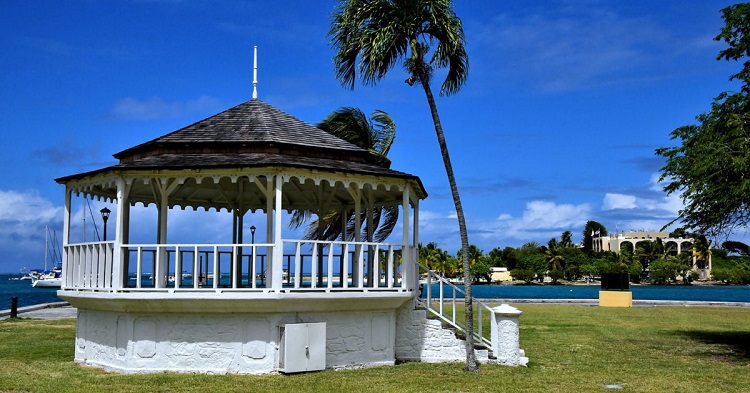D. Hamilton Jackson

In the annals of Caribbean history, the name David Hamilton Jackson—a towering figure—stands as a beacon of resilience, leadership, and empowerment. His unwavering dedication to social justice and the upliftment of the Virgin Islands has left an indelible mark, shaping the destiny of the region and inspiring generations to come.
Born on September 28, 1884, on the island of St. Croix in the then-Danish West Indies, D. Hamilton Jackson‘s early years were steeped in the harsh realities of a society marked by racial inequalities and limited opportunities for people of African descent. Despite these challenges, he exhibited remarkable determination and an unyielding spirit that would define his life’s work.
Jackson’s passion for education and advocacy ignited during his formative years. He recognized the transformative power of knowledge and the importance of empowering the marginalized. This fervor led him to become a teacher, a profession he saw as instrumental in shaping minds and fostering change.
However, Jackson’s vision extended far beyond the confines of a classroom. He understood that true progress hinged on systemic change and the assertion of rights for the people of the Virgin Islands. A fervent advocate for workers’ rights and social justice, he played a pivotal role in organizing labor movements, demanding better working conditions, fair wages, and political representation for his fellow islanders.
One of his seminal achievements was the establishment of the St. Croix Labor Union in 1917, the first labor union in the Virgin Islands. Through this organization, Jackson tirelessly championed the rights of laborers, amplifying their voices and advocating for their dignity in the face of adversity.
However, his advocacy didn’t stop at labor rights. Jackson ardently believed in the power of education as a catalyst for societal change. He founded the newspaper “The Herald” in 1915, using it as a platform to educate and empower the community, shedding light on social and political issues while advocating for civil rights and self-governance.
His unrelenting efforts bore fruit in 1917 when the U.S. purchased the Danish West Indies, subsequently renaming them the U.S. Virgin Islands. Jackson’s advocacy played a pivotal role in ensuring that the islands’ residents received U.S. citizenship, marking a significant milestone in their quest for recognition and representation.
Furthermore, he became instrumental in the establishment of the first elected legislature in the Virgin Islands in 1931, cementing a pathway toward self-governance and autonomy.
Conclusion
Tragically, D. Hamilton Jackson passed away on May 30, 1946, leaving behind a legacy of resilience and unwavering commitment to social justice. His contributions to the advancement of civil rights, labor rights, and education in the Virgin Islands continue to reverberate, serving as a testament to the power of one individual’s vision and dedication.
Today, his legacy lives on as a source of inspiration for those advocating for equality, justice, and empowerment worldwide. His relentless pursuit of a better future for the people of the Virgin Islands stands as a reminder that change is possible, driven by the passion and determination of visionary leaders like D. Hamilton Jackson





